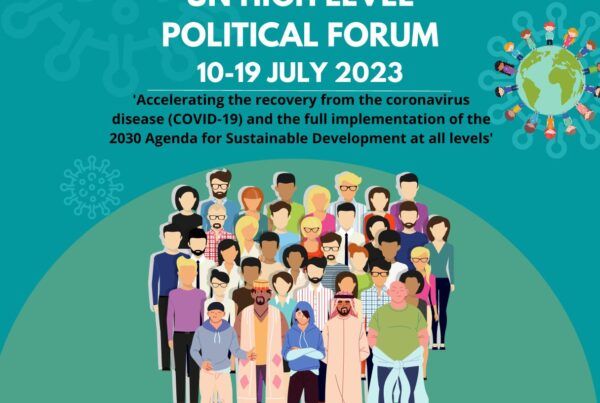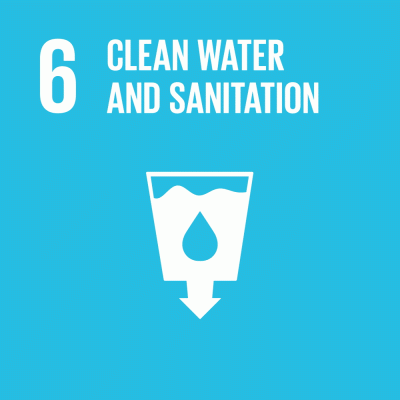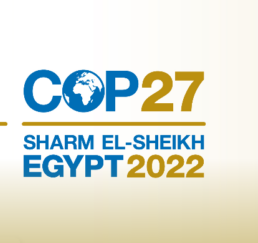Overview and Outcomes of COP 26
The 26th annual UN Climate Change Conference of Parties (COP26) convened in Glasgow, Scotland from October 31st to November 12th, 2021. COP serves as the main set of meetings for UN Member States to discuss and come up with commitments to mitigating climate change. This year’s COP was an especially important event – it came on the heels of an Intergovernmental Panel on Climate Change (IPCC) report which revealed that current global actions to decrease emissions are not enough to keep global warming under the 1.5C temperature increase target.
Each day of COP26 focused on a different theme, such as transportation, nature, and fossil fuels. For the first time, COP dedicated a day to youth and public empowerment. COP26 also had a day devoted to the gendered effects of climate change.
Civil society organizations, along with climate activists, residents of the Global South and low-lying island nations, and the youth were closely following COP26 to see if world leaders were willing to step up and pursue more ambitious climate change policies and be more inclusive of those most affected by climate change in the COP decision-making processes. Although progress was made on some issues, many took to social media and the streets of Glasgow to highlight gaps and inequalities that persisted throughout the conference. Below is a summary of some key outcomes from COP26:
- Despite delegates from most of the world’s countries coming together to keep global warming below a 1.5C increase, scientists state that the commitments made by Member States at COP26 still exceed the 1.5C target.
- Developed countries are behind on providing developing countries with the $100 billion they committed to paying by 2020, they made a second promise at COP26 to pay the money by 2025.
- Methane and fossil fuels – for the first time – were included in the Glasgow Climate Pact (the outcome document of COP26) text.
- Member States are required to report on their climate change progress every two years.
Notably absent from the negotiations and the decision-making spaces at COP26 were the voices of women, children and girls, civil society, and Indigenous people. There was some language included in the Glasgow Climate Pact that recognized different groups, but the lived experiences and testimonies of those most directly impacted by climate disasters and changes were sidelined.
Even more concerning was the large presence of companies at COP26 that were actively engaging in practices like resource extraction and land degradation. Some reported that these corporations were attempting to “green-wash” COP and commit to “Carbon Neutrality” or “Net Zero Carbon,” which are methods used to cancel out any emissions released into the atmosphere by funding carbon-saving projects around the world. Unfortunately, this practice is often still harmful in the grand scheme of climate solutions, because multinational corporations tend to turn to locations in developing countries to extract resources or release their emissions; this further exacerbates the climate inequities between the Global North and Global South.
It is clear that COP26 fell short of the targets and goals civil society and the planet’s most vulnerable communities were looking for. However, it is still not too late for governments and organizations to take action and create more inclusive spaces for the voices too often left behind.
So, what’s next now that COP26 is over? What role can civil society and the grassroots play in ensuring accountability for the commitments outlined in the Paris Agreement and the Glasgow Climate Pact?
Civil society plays an important role in the UN system. Non-governmental organizations (NGOs), like UNANIMA International, are able to put pressure on decision-makers at COP and other climate change meetings. They also can bring the perspectives, voices, and the people themselves at the grassroots level to places of power. Climate change requires people-centered solutions, so civil society and grassroots leaders can and will continue to organize, engage in direct and indirect advocacy, and call attention to climate injustices happening across the globe.
UNANIMA International and other NGOs will continue advocacy work at upcoming UN commissions, like the Commission on Social Development and the Commission on the Status of Women (CSW). The priority theme for CSW66 this year is ‘Achieving gender equality and the empowerment of all women and girls in the context of climate change, environmental and disaster risk reduction policies and programmes,’ so climate-related topics will continue to be at the forefront of global conversations over the coming months.
To read more about COP26 and the conference’s outcomes:
- https://www.npr.org/2021/11/13/1055542738/cop26-climate-summit-final-decision
- https://www.bbc.com/news/science-environment-59251912
- https://www.un.org/en/climatechange/cop26
To learn more about the lived experiences of families, women, and girls displaced or severely affected by climate change, please read our publications Family Homelessness Through the Lens of the 2030 Agenda Volumes I and II, as well as listen to these inspiring statements made at COP26 (linked below):
- Mia Mottley – https://youtu.be/PN6THYZ4ngM
- Tuvalu Foreign Minister – https://youtu.be/jBBsv0QyscE
- Sir David Attenborough – https://youtu.be/ihhzCCsWJSw
- Indigenous activist, Txai Suruí – https://youtu.be/TP5Nbc5P0GM
- Youth activist, Elizabeth Wathuti – https://youtu.be/8YPZgAbryr8






